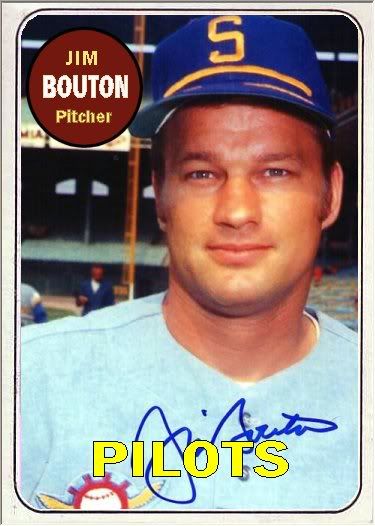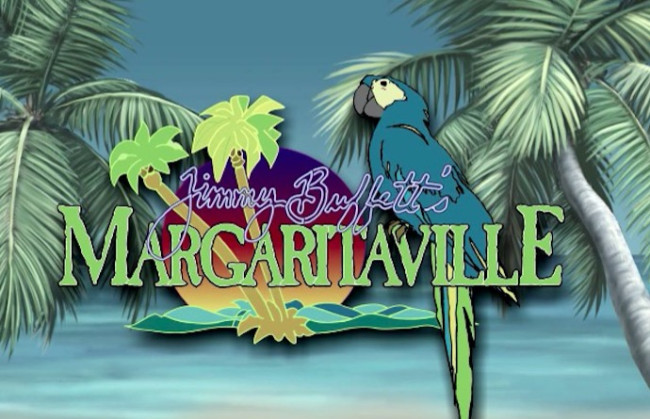Cast down that monkey!

I never felt really sad during Tuesday’s National League Wild Card game. Max Scherzer walked the leadoff hitter to start the game, the next guy hit a two-run homer, we were behind 2-0 and things did not look good. But it looked like the Nats would at least be beaten straight up instead of losing in the lead-blowing, soul-crushing fashion that had become their postseason specialty.
Another Milwaukee homer in the second made it 3-0, and I settled in to just enjoy the unseasonably warm evening and what was likely the last game of the season. The Nats were doing nothing at the plate, and this was all sort of a bonus anyway after their horrendous start to the season.
The game churned along in surprisingly quick fashion for a playoff matchup. Trea popped one out to make it 3-1, there were a couple of loud outs to the warning track, but nobody else was doing much. Max was pulled for a pinch-hitter, Strasburg came in and looked fantastic, and Ryan Zimmerman — who looked like he might be in his last game as a National, if not as a big-league ballplayer — got up and down twice to potentially pinch-hit. I could see into the dugout; the second time he was called back to the bench, he stomped around a bit.
That was also when the mysterious Dave Martinez, whose in-game management has been questioned all year, decided that Michael A. Taylor, of all people, was a better pick than Zim to pinch-hit. Taylor hit a huge home run and was nearly the hero of Game 5 against the Cubs in 2017, but the Nats collapsed and Taylor’s career went into a spiral. He spent most of this year in AA ball, and the weirdness of the wild card game — the Nats chose to stack their one-game roster with a ton of hitters — was the only reason he was in uniform.
Josh Hader, the Brewers closer, promptly hit Taylor with a pitch. It was a close call — Taylor got hit on the hands, and if the baseball hits the bat first, it’s a foul ball — but it got upheld after a challenge.
Zim finally got up as a pinch-hitter with two outs and Taylor on first. Vader threw him a nasty strike that sheared Zim’s bat into pieces on contact. And the ball loopingly, lazily fell into center field for a single. Suddenly, things were happening FOR the Nats that usually happened TO the Nats in the playoffs.
And up came the 20-year-old kid, Juan Soto. He laced a single into right to tie the game — and then Milwaukee’s right fielder, a rookie, misplayed the ball and let it get by him. The go-ahead run scored, Soto made a base-running error and got tagged out to end the inning — and just like that, the darkness had lifted and the Nats were three outs away from the win.
Daniel Hudson came in, gave up a scary warning track fly out that ended the game, and the Nats were winners. And an entire fan based grabbed that monkey off its back and threw it to the ground.
It’s all gravy now. The Dodgers are undoubtedly the best team in the National League, but the Nats were the best in the NL (if not in baseball) in 2012 and 2017. They got beat in the division series both times. This time, they’ll be a distinct underdog with little pressure on them. I like the chances.
Update, Oct. 10: We just killed off the Dodgers in even more dramatic fashion, winning a Game 5 that looked just like the Milwaukee game until a series of late, dramatic home runs. Howie Kendrick, who’d had a poor series, crushed a grand slam in the 10th to win it. The Cardinals are next. On we move.



